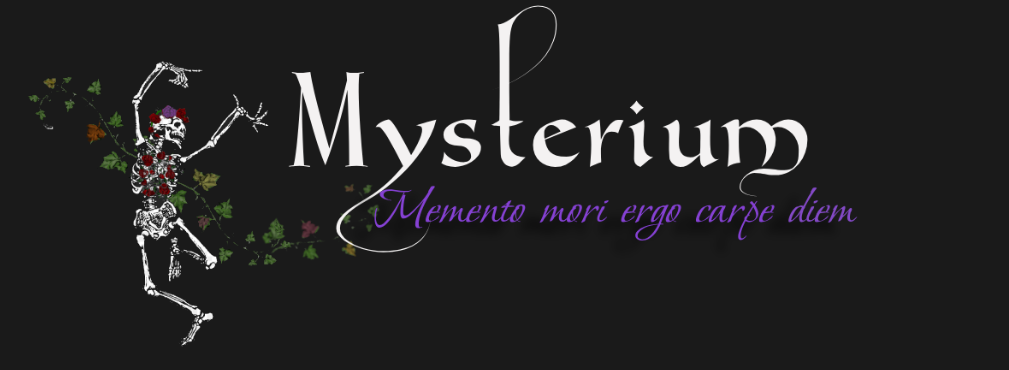“Oscar Wilde’s ‘Confraternity of the Faithless'”
My new article for OnlySky Media, Oscar Wilde’s ‘Confraternity of the Faithless’ discusses Wilde’s notion of “agnostic ritual” and its modern interpretation via the Oscar Wilde Temple art installation/secular ritual space: Inspired by the Aesthetic Movement of the late 19th century and subverting traditional Catholic iconography, the Temple evokes a kind of alternative reality in … Read more“Oscar Wilde’s ‘Confraternity of the Faithless’”
